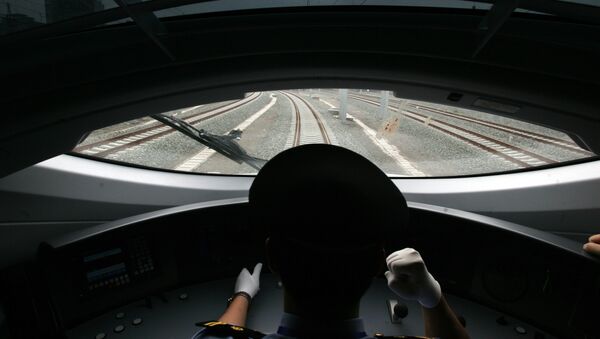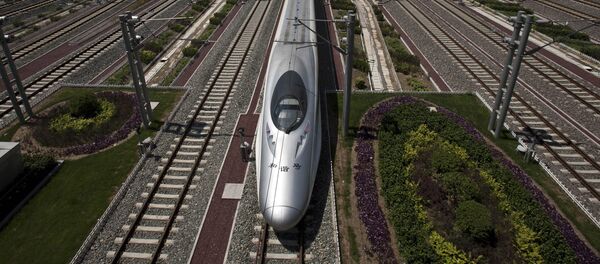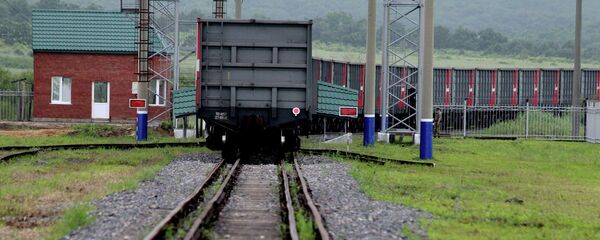The high-speed rail service will also contribute to closer across-the-board ties between Russia and China and will bring in new investments in Russia.
“During the initial six months we will be running the trains at 385 kilometers an hour just to make sure that we have no power cutoffs. However, we believe that in terms of commercial profit and security, a speed of 300 kilometers an hour would be more appropriate,” Wang said.
The Chinese side hopes that while Russia’s network requires trains to run on a 1,520mm track, the trains operating on the Moscow-Kazan railway will be running on narrower 1,435mm tracks used in Europe and China.
This would save the China-bound passengers the trouble of having to switch trains after crossing the Russian-Chinese border.
The current travel time along the route between Beijing and Moscow running across northeastern China is about seven days. With the new rail line in place, the travel time will be down to just 24 hours.
Russia and China earlier discussed the possible construction of a rail line to run from northeastern China to the Bering Strait via East Siberia.
“The East Siberian region is rich in minerals and coal, and the rail line would streamline transportation and resource distribution in the region. Without railways there is no growth,” The China Daily wrote.
After Russia’s relations with the West soured over Crimea and the economic sanctions that followed, Moscow focused on building up cooperation with China signing a series infrastructure, energy and financial agreements worth hundreds of billions of dollars.
The current rail project is just another indication of an increasingly strong relationship between the two economies.
Never miss a story again — sign up to our Telegram channel and we'll keep you up to speed!




